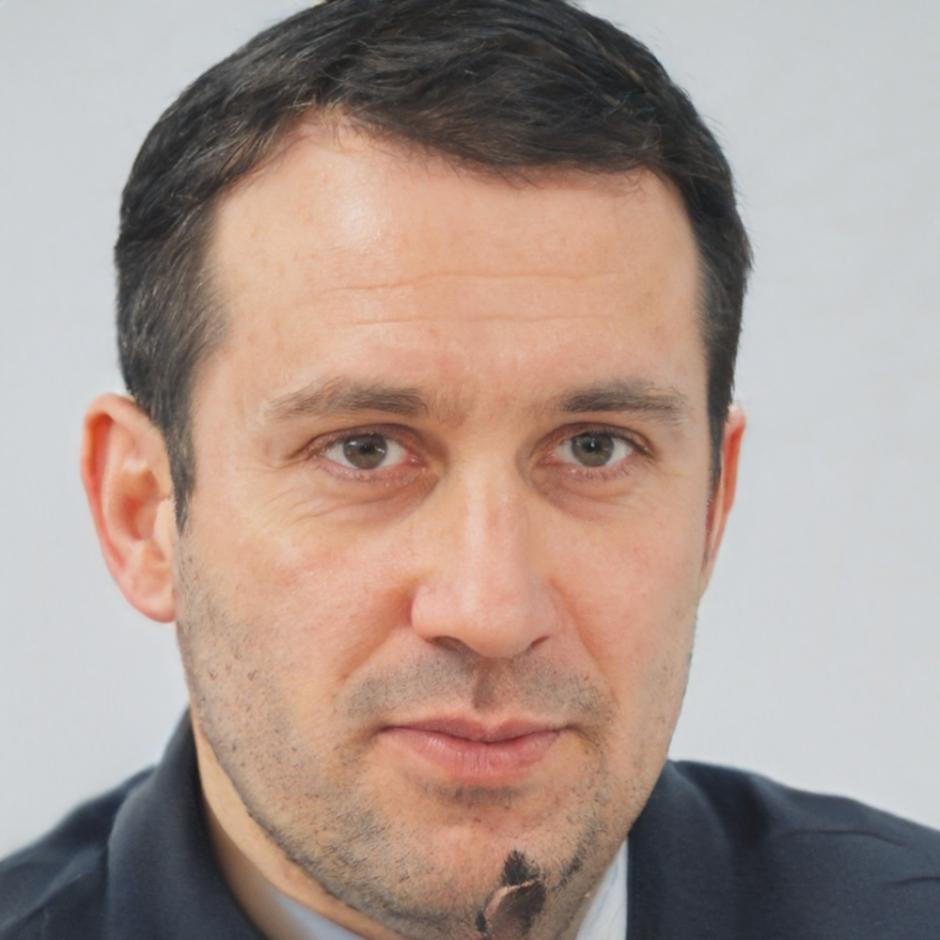Understanding Mental Health Through Real Experience
We teach mental health studies differently. Instead of just theory, you'll work with actual case studies and real-world scenarios that mental health professionals face every day.
Explore Our Programs
Why Mental Health Education Matters Now
The UK faces unprecedented mental health challenges. Our programs prepare you to understand these complexities through evidence-based learning and practical application.
Evidence-Based Learning
Every module builds on current research and proven methodologies. You'll study actual cases from UK mental health services and understand what works in practice.
Real-World Context
Learn how mental health intersects with housing, employment, and social services. Our curriculum reflects the realities facing communities across Britain today.
Critical Thinking Focus
We don't just teach concepts—we help you evaluate different approaches, understand limitations, and develop your own analytical skills for complex situations.
Learning That Connects Theory to Practice
Mental health isn't just about individual symptoms—it's about understanding how social, economic, and cultural factors shape people's experiences. Our approach helps you see these connections.
You'll examine case studies from urban and rural settings across the UK, exploring how different communities experience and address mental health challenges.

How Our Program Works
Our 18-month program combines structured learning with hands-on experience. Starting September 2025, you'll progress through carefully designed stages that build your understanding step by step.
Foundation Phase (Months 1-4)
Begin with core concepts in mental health, examining historical approaches and current understanding. You'll study key theories while learning to evaluate their strengths and limitations through guided discussion.
Application Phase (Months 5-10)
Dive into real scenarios from mental health services across the UK. Work with anonymised case studies, explore different intervention approaches, and understand how context shapes outcomes.
Research Project (Months 11-15)
Choose a specific area of interest and conduct an in-depth study. This might focus on community mental health, workplace wellbeing, or specific population groups. You'll present findings to peers and receive detailed feedback.
Integration Phase (Months 16-18)
Pull together everything you've learned through comprehensive review sessions. Reflect on how your understanding has developed and identify areas for continued learning beyond the program.
What Makes Our Approach Different
We focus on developing your ability to think critically about mental health rather than memorising diagnostic criteria. Here's what that looks like in practice.
Case Study Method
Every week includes detailed examination of real situations from mental health services. You'll learn to identify patterns, consider multiple perspectives, and understand complex factors.
Peer Discussion
Small group sessions where you'll debate different approaches and share insights. These conversations often reveal aspects you hadn't considered on your own.
Research Skills
Learn to evaluate mental health research critically—understanding methodology, recognising bias, and assessing how findings apply to different contexts and populations.

Learning Together, Growing Together
Mental health work is rarely done in isolation. That's why our program emphasises collaboration from day one. You'll work alongside peers from different backgrounds, bringing varied perspectives to every discussion.
Recent students came from backgrounds in education, social work, healthcare, and business. This diversity enriches every conversation and mirrors the multidisciplinary nature of mental health work in the real world.
Group projects, peer reviews, and collaborative research help you develop skills in communication, teamwork, and constructive disagreement—all essential for effective mental health practice.
The case study approach really opened my eyes to how complex mental health situations actually are. Instead of simple answers, I learned to ask better questions and consider multiple factors affecting each person's experience.

